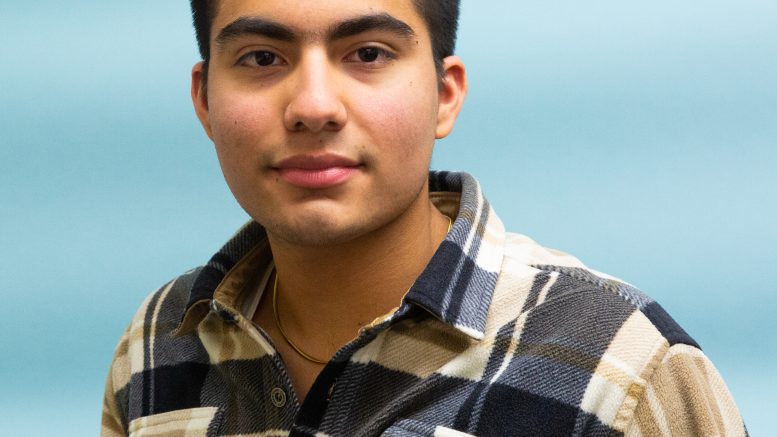The University of Manitoba Students’ Union (UMSU) has formed a committee dedicated to creating more guidance within UMSU’s governing documents for its community representatives
Created on Oct. 6, the community representative reform working group aims to assess the concerns and current knowledge of UMSU members in order to create guidelines for the UMSU board’s community representative positions.
The working group is made up of the UMSU governance committee, UMSU president Jaron Rykiss and UMSU vice-president student life Tracy Karuhogo. Any interested UMSU members are also allowed to join.
UMSU governance committee chairperson and chair of the new working group Ivan Nuñez Gamez said that issues with vagueness and a lack of guidance in the governing documents sometimes prevents elected community representatives from implementing advocacy goals and ideas.
“There’s essentially no guidance,” Nuñez Gamez said.
He said the group’s amendments will help give guidance and a “constitutional backup” to whatever community reps hope to achieve.
Nuñez Gamez said that the committee sent out a questionnaire to current UMSU community representatives, and that the responses were then reviewed by the working group.
The data obtained has helped shape the recommendations of the committee, which were then compiled into a drafted document. Amendments to the draft were made in a Nov. 16 meeting, and it will continue to be reviewed by committee members.
Nuñez Gamez said that once the review process is complete, he will present the amendments at an UMSU board of directors meeting. He estimates that this will happen in early December.
“We want to at least present a notice of motion in the last [board] meeting of the year,” he said, adding that if this were the case, the motion should be voted on in the first UMSU board meeting of January.
The timing of the motion would also allow students to run for a new community representative position being created by the working group. The racialized community representative would advocate for racialized students at the U of M.
“We really, really want to do this before the elections,” he said.
Nuñez Gamez said that not having a racialized community representative on the UMSU board of directors leaves many students without a voice. Though, some faculty student associations already have a racialized student representative.
Nuñez Gamez stated that having a Black students’ community representative was a good thing, but that he believes the varying experiences of racialized students on campus make it necessary to have an additional position to represent those perspectives.
Nuñez Gamez pointed to the example of the Stop Anti-Asian Racism presentation and a motion for a statement to be released in support of students affected by human rights violations in the occupied West Bank as indications of a need for a racialized community representative, since these concerns were brought forward by students and not UMSU board members.
“There is precedent that it’s students at large who are advocating on behalf of their communities, when it shouldn’t be the case,” he said.
“If there is that precedent, then why not create a position to facilitate those concerns?”
The creation of the position would mean that $2,000 would have to be taken out of each of the $16,000 community initiative funding budgets other community representatives receive.
Although Nuñez Gamez is concerned that the money taken from each community’s budget might upset other community members, he is confident that it will not adversely affect any group.
Additionally, he claimed that many of the community representatives do not use all of their funds, so the money often ends up going back to UMSU.
Nuñez Gamez said he does not see the redistribution of funds as defunding communities, but rather as the empowerment of another community.
“It’s essentially enhancing the entire voice of the BIPOC community,” he said.
7/12/2022: an update to this article is available.


